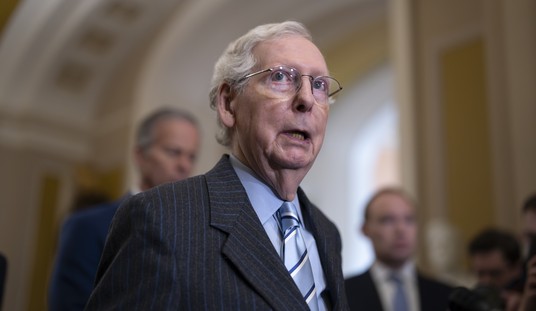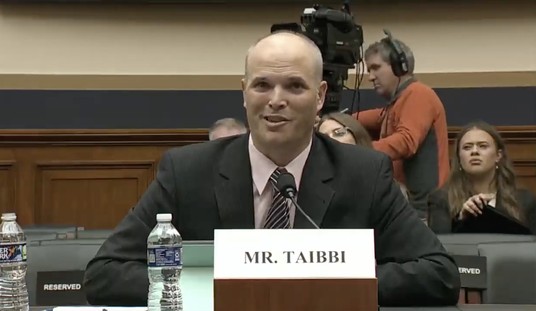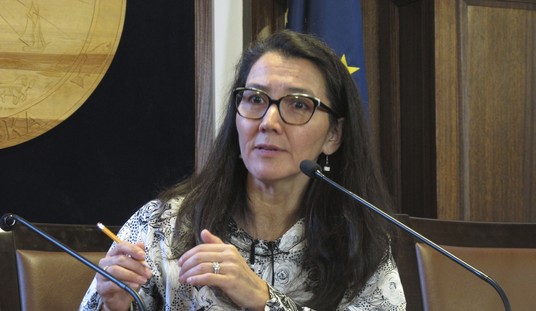I can’t count the number of times experts and economists have warned proponents of socialized medicine and single-payer healthcare that their great idea is a horrible one. The latest example comes out of Colorado, with the ballot initiative called “ColoradoCare,” or Amendment 69.
ColoradoCare is a plan to move the state into a single-payer system, much raved about by proponents of ObamaCare and fans of socialized medicine. The problem is, the plan is facing every problem ever other socialized medicine plan faces.
It’s too expensive, and thus it will either force Colorado to raise taxes, or limit the kind of care you can receive, and people you’ll never meet will have to decide what kind of care you will get for you. It’s socialized medicine’s groan inducing cliche you experience in bad movies.
As it stands, ColoradoCare already has plans to do all of that. The Colorado Health Institute has released a report stating everything that will need to take place in order for ColoradoCare to happen.
From 9 News:
“Simply put, the revenue would not be sufficient,” the report stated. “CHI’s model projects that the revenue from taxes and federal funds would fall just short of paying ColoradoCare’s bills in the first year – with widening deficits in each subsequent year.”
The study suggests ColoradoCare would have to cut benefits, raise taxes or reduce payments to doctors and hospitals to achieve long-term financial solvency. The ballot language would empower the proposed 21-member board to make such decisions.
Amendment 69, the first measure to qualify for Colorado’s 2016 ballot, would replace most private health insurance with a single insurer called ColoradoCare.
In addition to raising an estimated $25 billion through an additional 10 percent income tax on Coloradans, the program would also raise money through co-payments for services and money from the state and federal governments.
The CHI predicts the most likely outcome for Colorado’s finances is bleak. All things considered, such as increased use of healthcare, increases in administrative costs, bulk purchasing, and more, ColoradoCare will result in the state having a $253 million deficit by 2019.
“Historically, though, health care costs have grown faster than the economy,” the report stated. “CHI expects that over time there would be a widening gap between ColoradoCare’s tax revenue and how much money it would need in order to cover all of the health services used by members. This would cause ColoradoCare’s bottom line to worsen every year.”
The model predicts a whopping $7.8 billion deficit in the budget come 2028, and that’s without a board of people forcing a limit to the care people can receive.
In the grand scheme, Coloradans would do well to keep their state as far away from this proposal as possible.














Join the conversation as a VIP Member